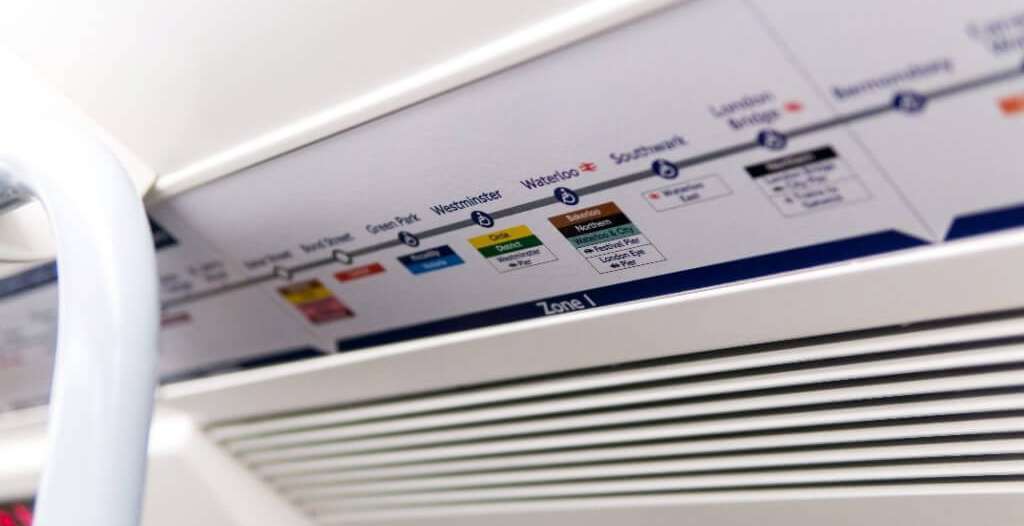
"Save Today, Survive Tomorrow."
Power saving today is not a mere act of awareness, but a necessity based on the magnitude of consumption and global demands. HVAC contractors help with HVAC systems that are integral to industrial establishments and smart homes, this is a great time to conserve energy with increasingly energy-efficient systems.
Based on a recent Technavio market research report, “Global Energy-efficient HVAC systems market is expected to grow at a CAGR (Compound Annual Growth Rate) of over 11% during 2018-2022.” Thus, here we have listed some techniques to improve the energy efficiency of your HVAC system.
.
1. Use Better Equipment
Any old system costs more in maintenance with the progression of time. New HVAC models generally have a higher SEER (Seasonal Energy Efficiency Ratio), hence replacing the old ones can automatically save more energy. Current HVAC models usually have SEER between 14-18, which is quite a leap from the earlier ones. You can also get Energy Star models that abide by strict guidelines.
2. Retrofit the parts
Replacing an entire system can be costly, and often in case of relocation or upgradation, you just need to fix the more worn-out parts. The Department of Energy, U.S., suggests that patrons can save money up to 35% yearly by adding or substituting the components of an existing HVAC system. Full changes can be deferred with retrofitting, and comfort can be increased with stable temperatures and humidity. Air conditioners and heating systems can both be retrofitted. For example, in air conditioners, you can replace the compressor, add demand-controlled ventilation, add condenser fan controls, etc.
3. Airflow Preservation
Often, energy is wasted when the system has to function with blocked airflow. To operate the HVAC at its full potential, make sure to maintain regular cleaning. Dirt debris or dust in vents and ducts can obstruct the airflow. The HVAC units should also have enough unblocked space for improved efficiency.
4. Proper Insulation
The most common complaint regarding HVAC is that air conditioning Degrades after a time. But often, the issue lies in improper insulation of the establishment. To preserve the valuable heated/cooled air inside the building, make sure that the insulation is top-notch. You can add insulation to walls, windows, pipes, ducts, and outlets. Its "R-Value" can check the degree of insulation for any material. Use a material with a higher ‘r’ to heighten the energy efficacy.
5. Smart Controls
Manually controlled systems sometimes cost more as people may forget to turn off the thermostat or non-essential devices when not in use. A perceptive automated HVAC system with lights and thermostat control can come in handy at this point. You can align the system with your routine by making adjustments to go on and off accordingly.
6. No Blocked Air Filters
Air filters have a higher degree of wear and tear. A clogged air filter often causes more energy loss than actual efficiency if not changed. The dust and impurities trapped by filters can not only prevent airflow but slow down the system by contaminating parts like fan blades and motors. Thus, regularly replacing the air filters can save far more energy in the HVAC system.
Conclusion
Overall, energy consumption can be reduced by developing acceptable practices like dialing down the use of unnecessary electronics, educating the users about HVAC energy efficiency, and vigilant maintenance of the system.


